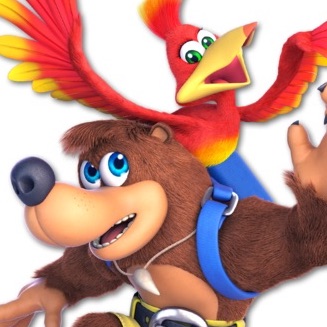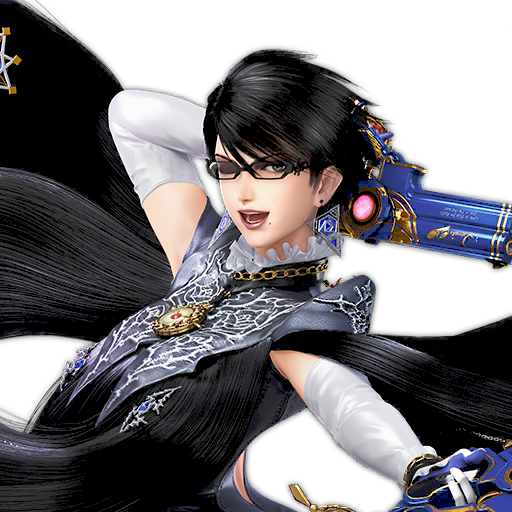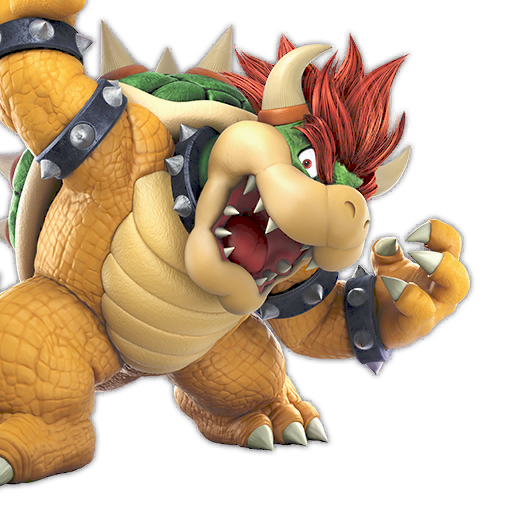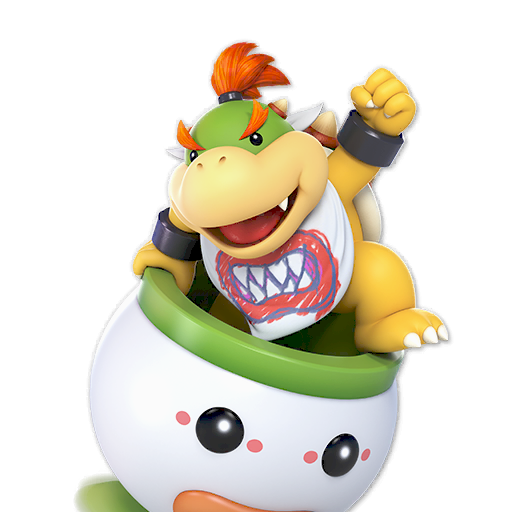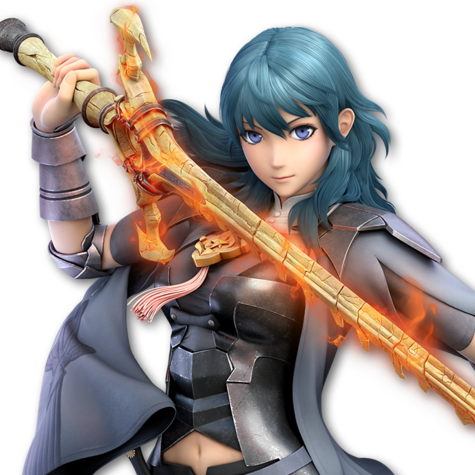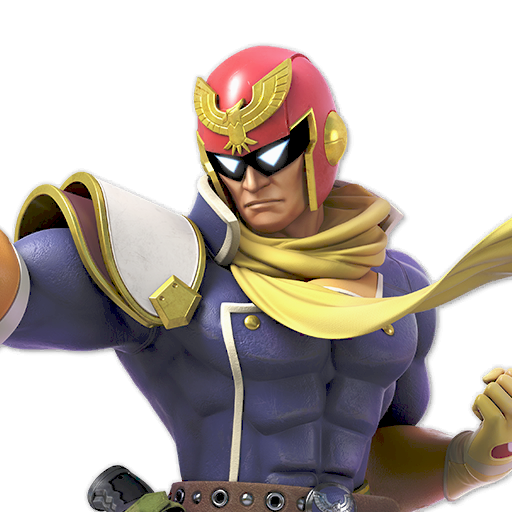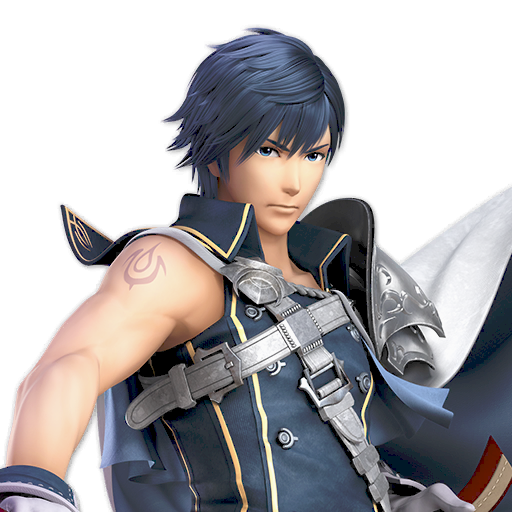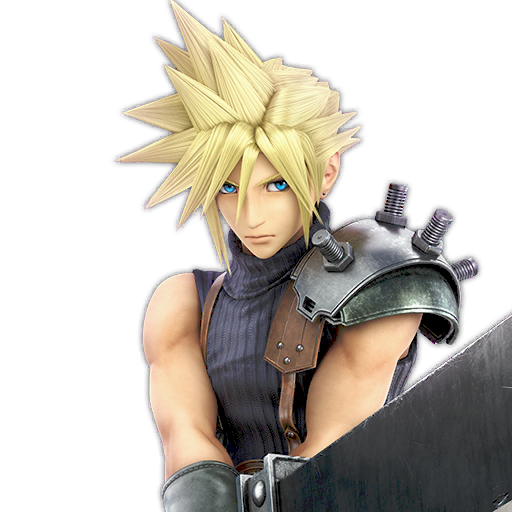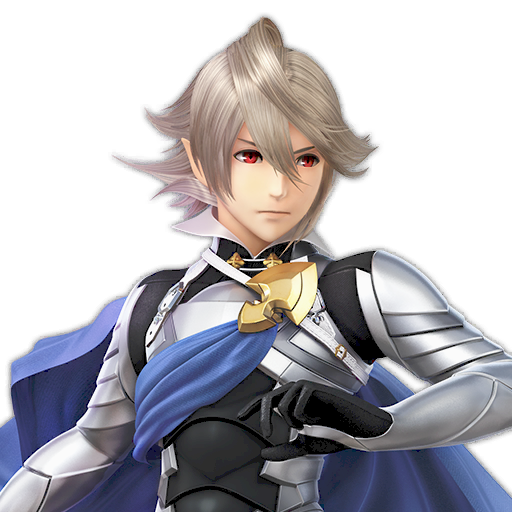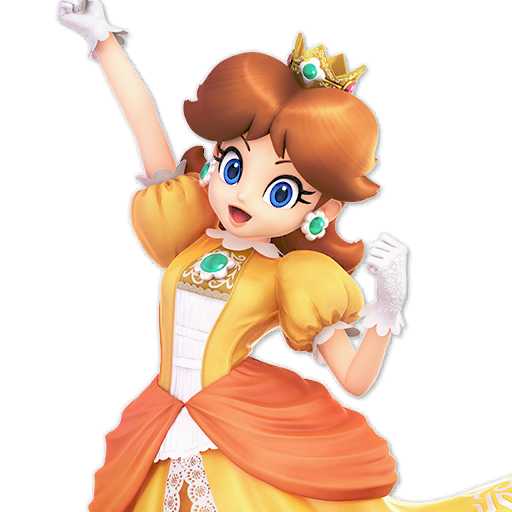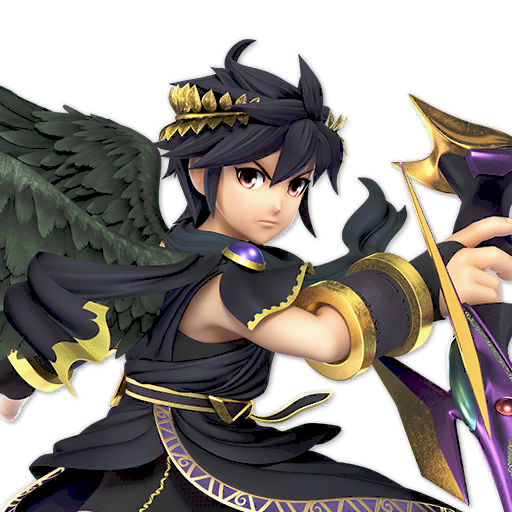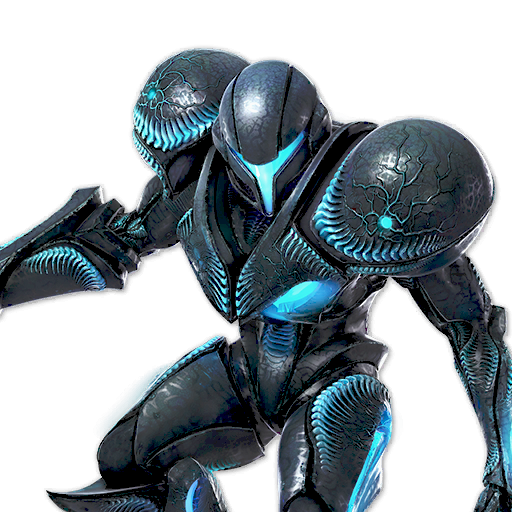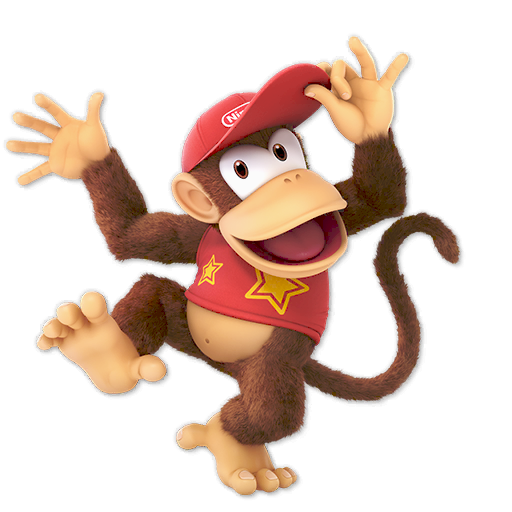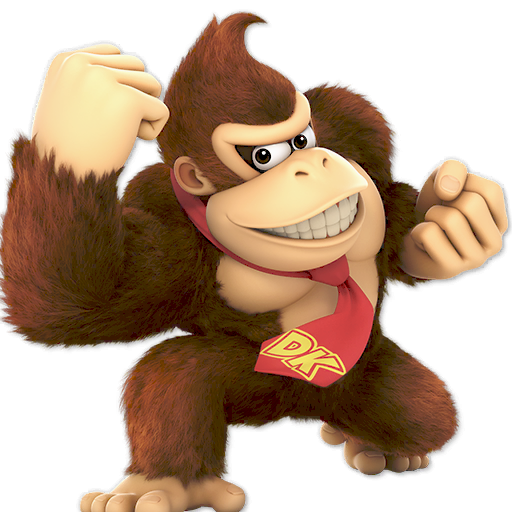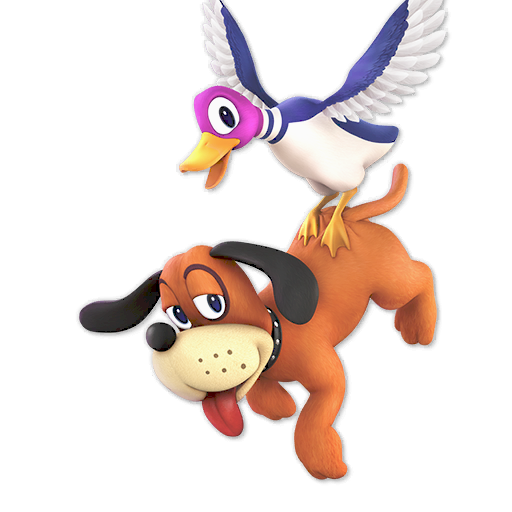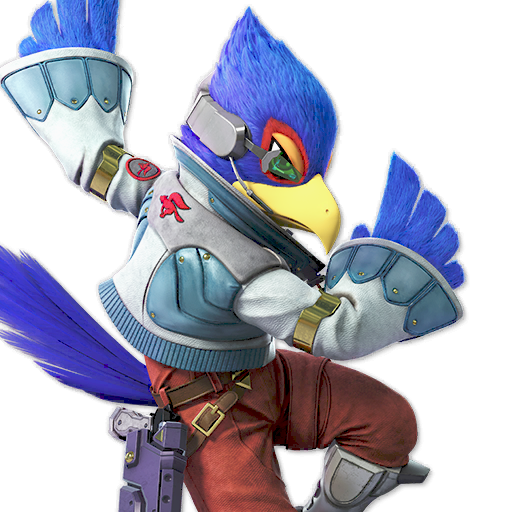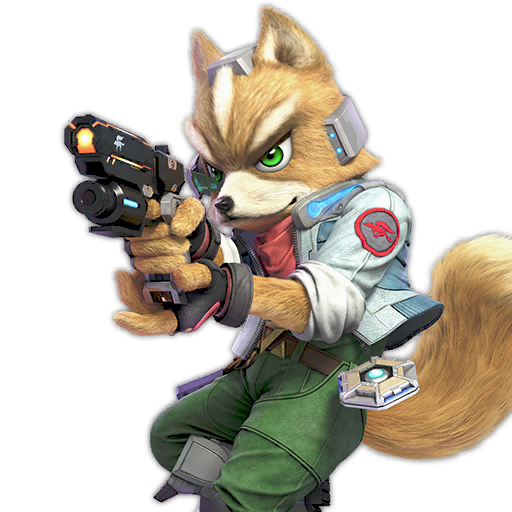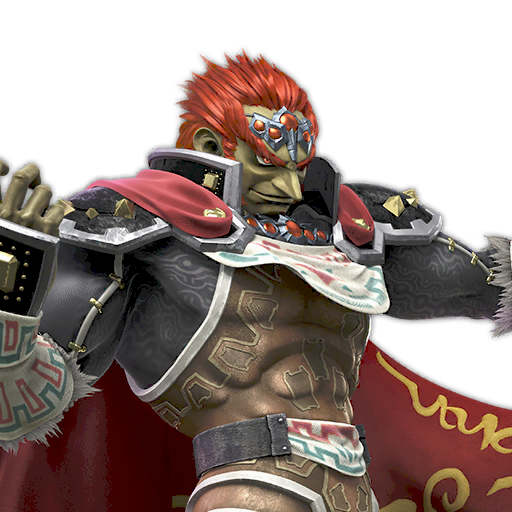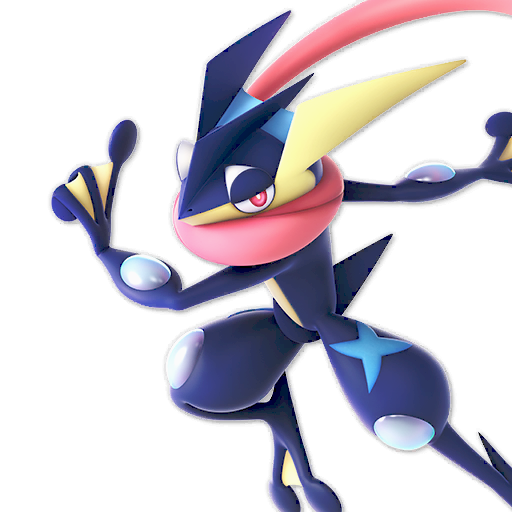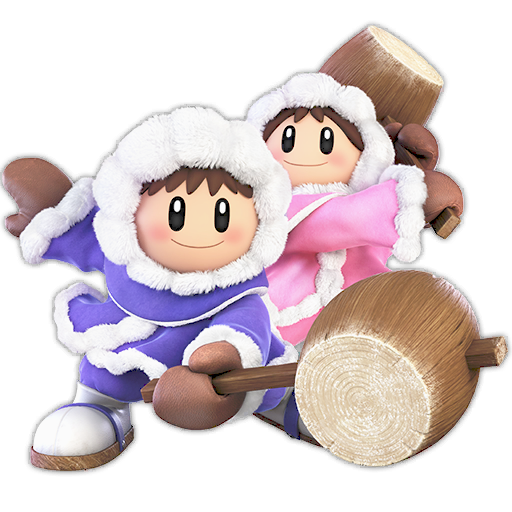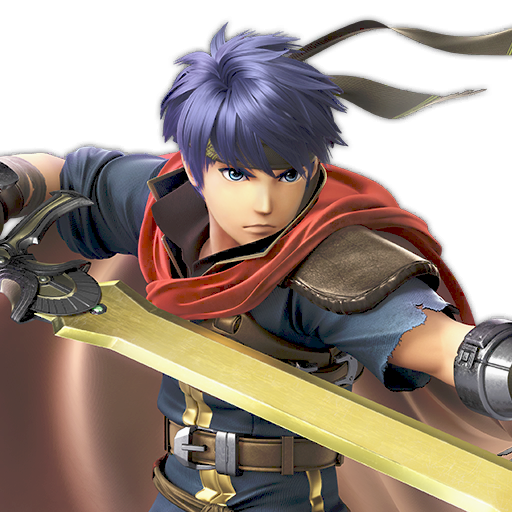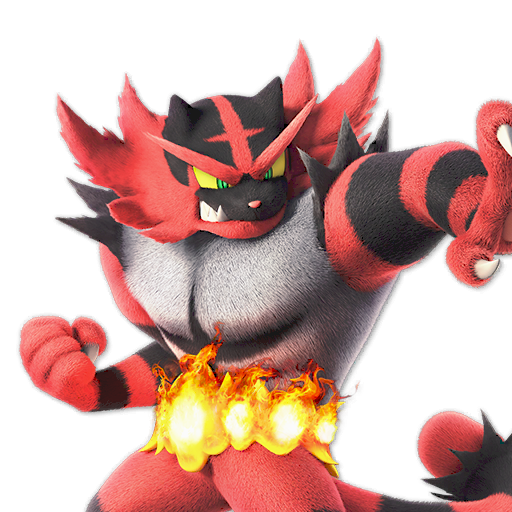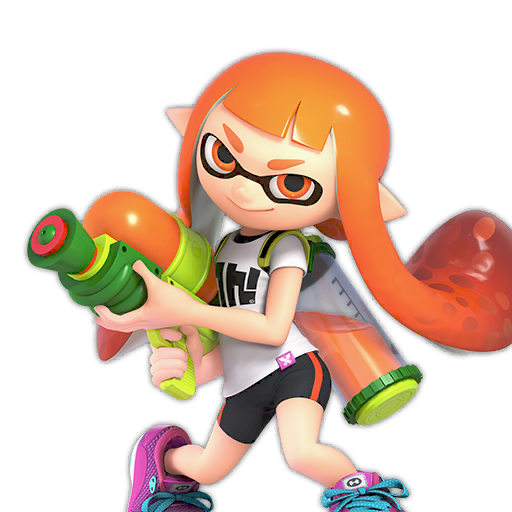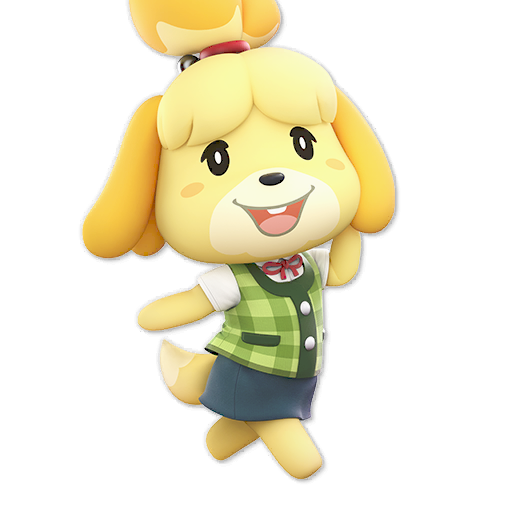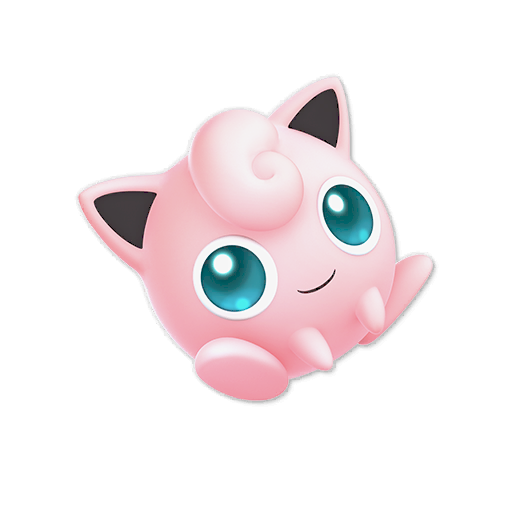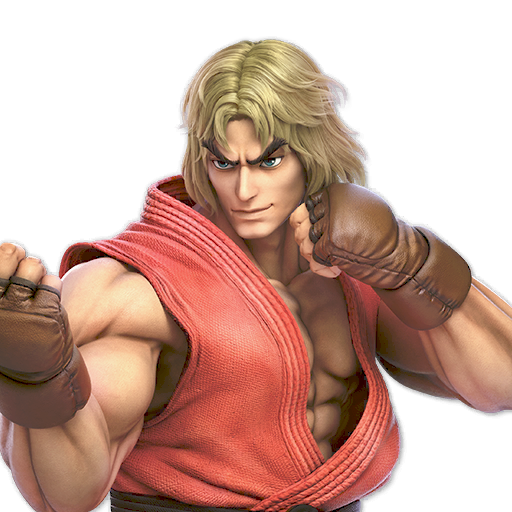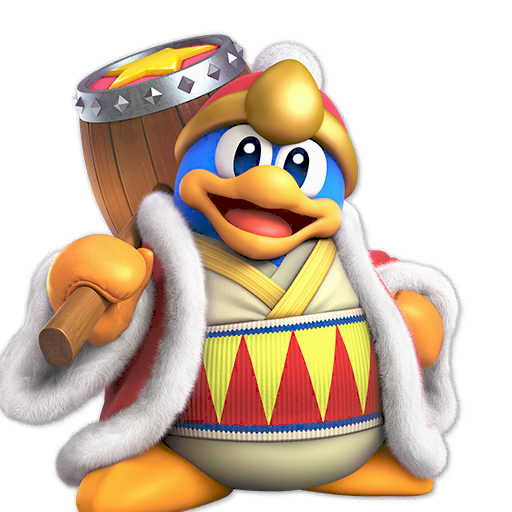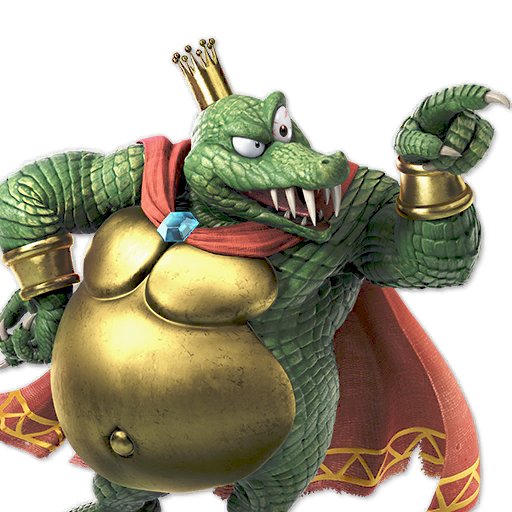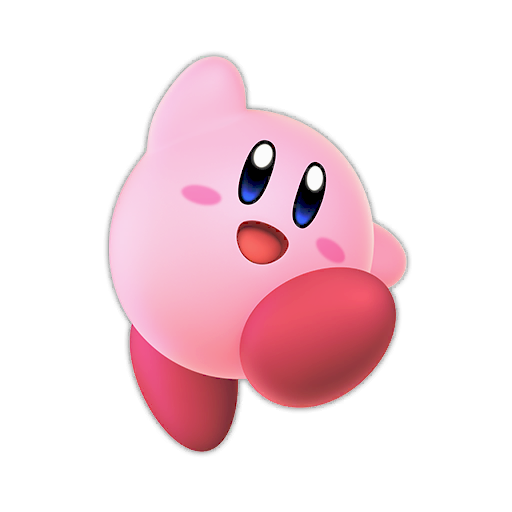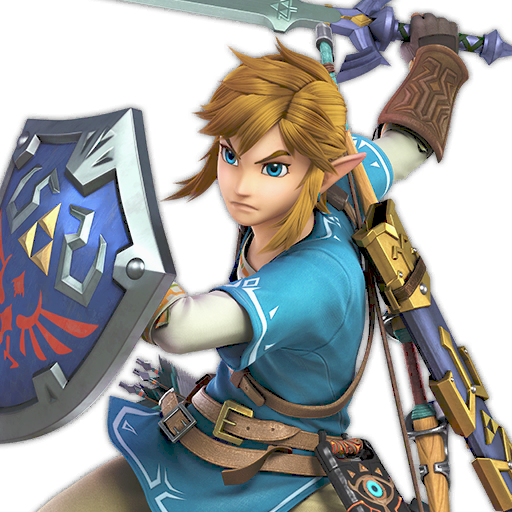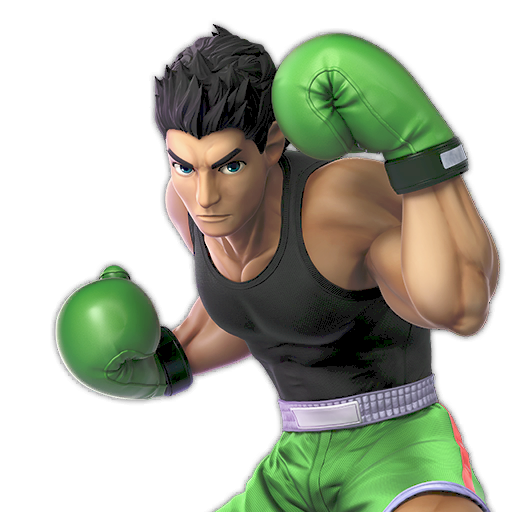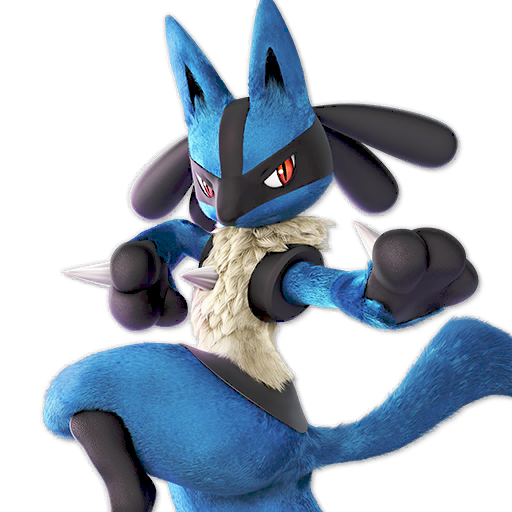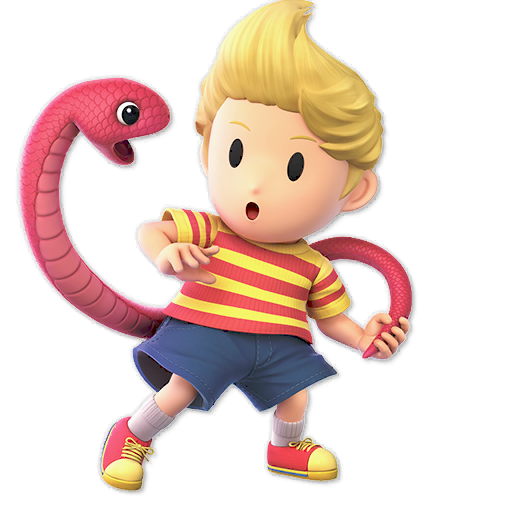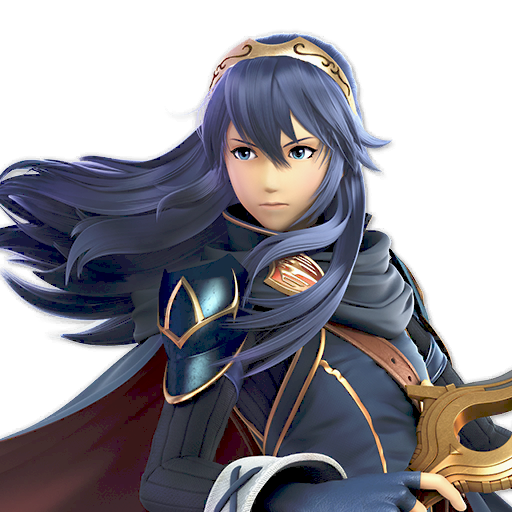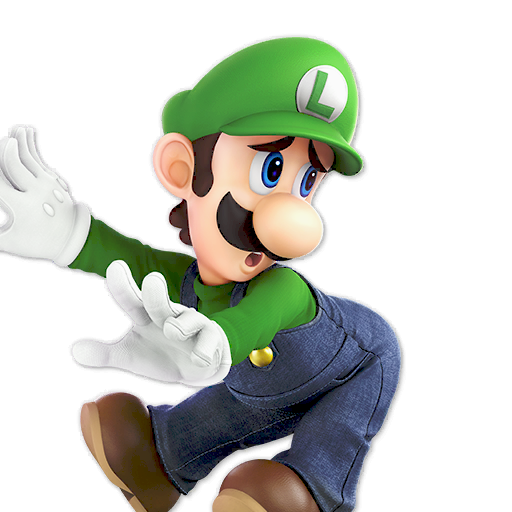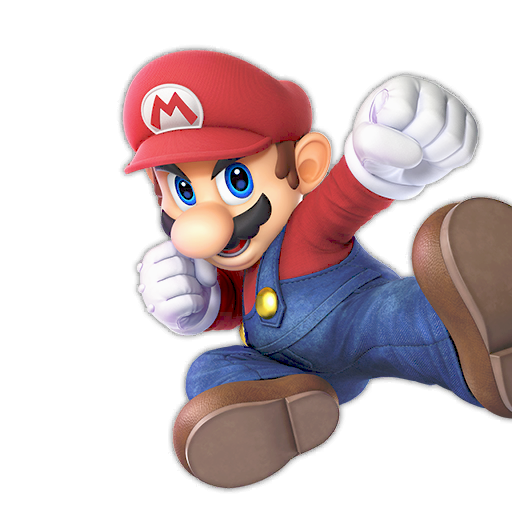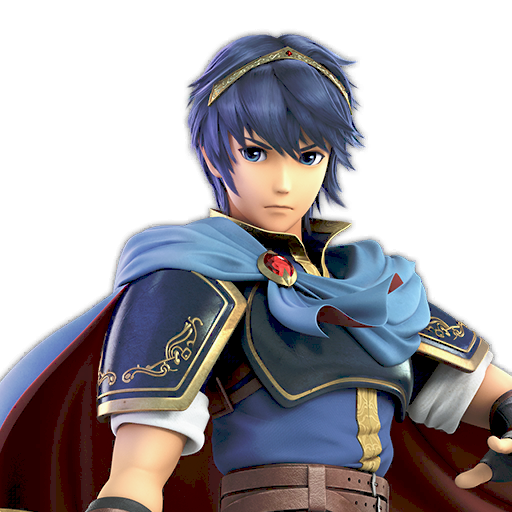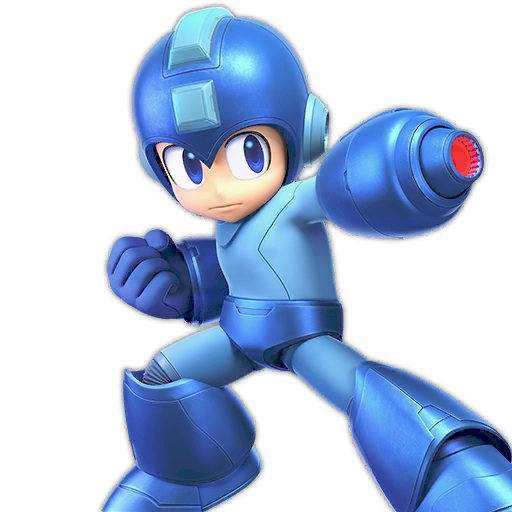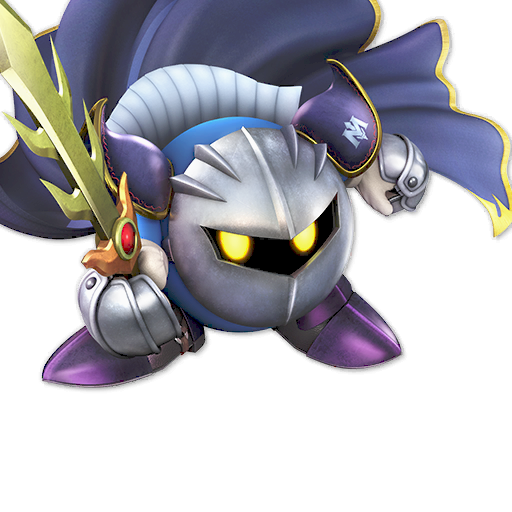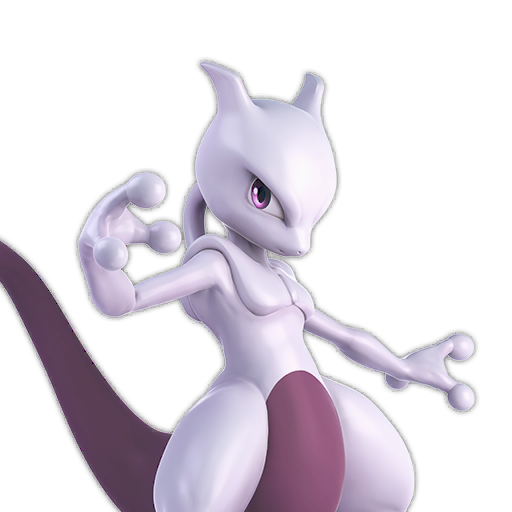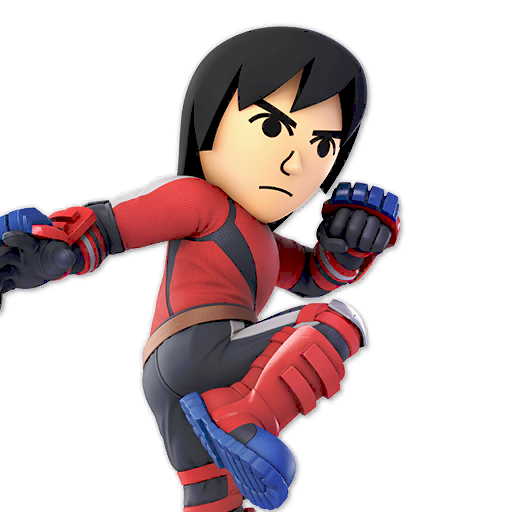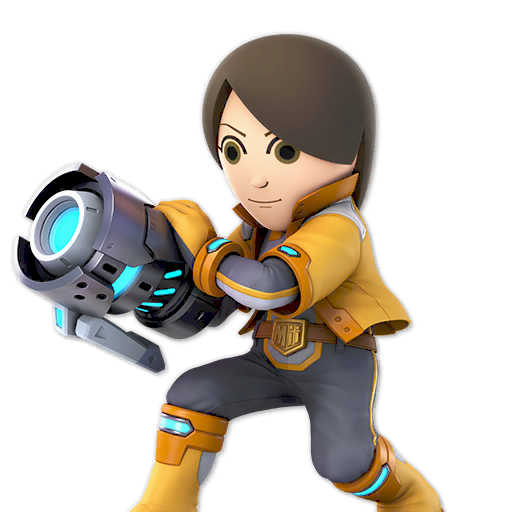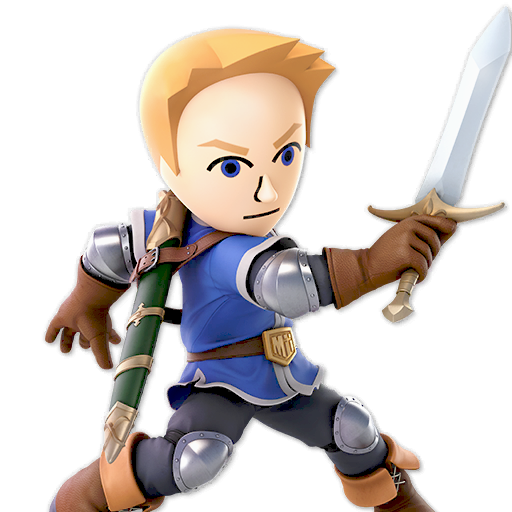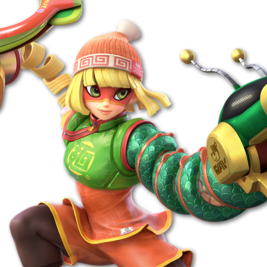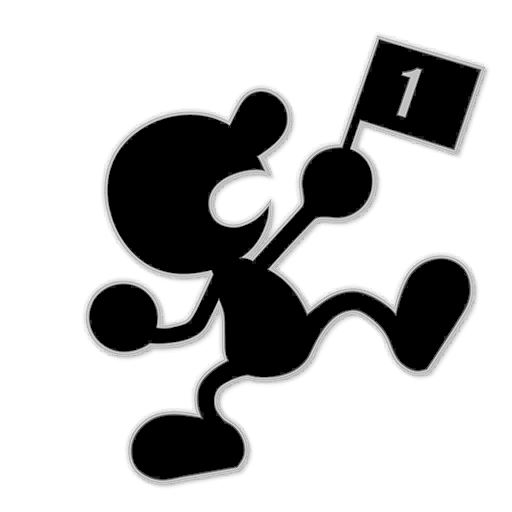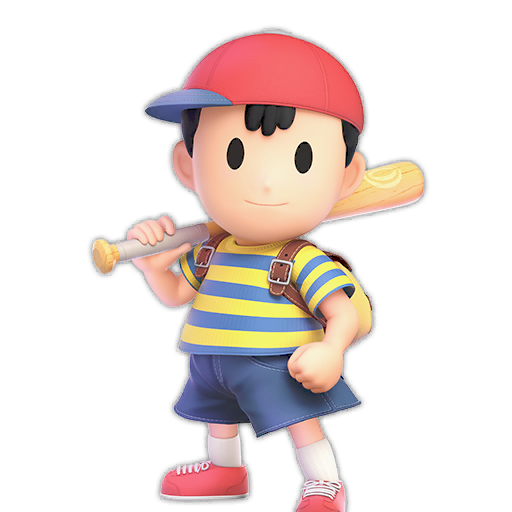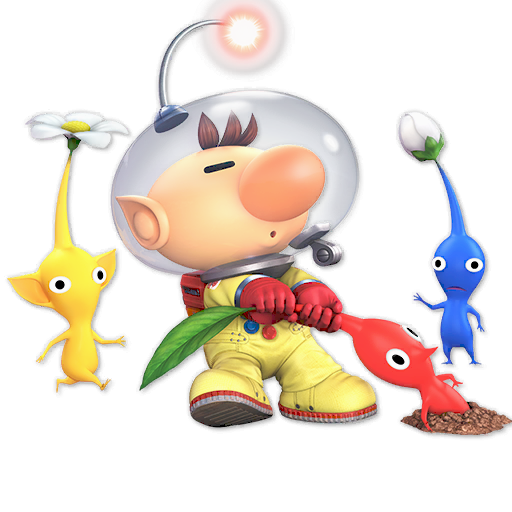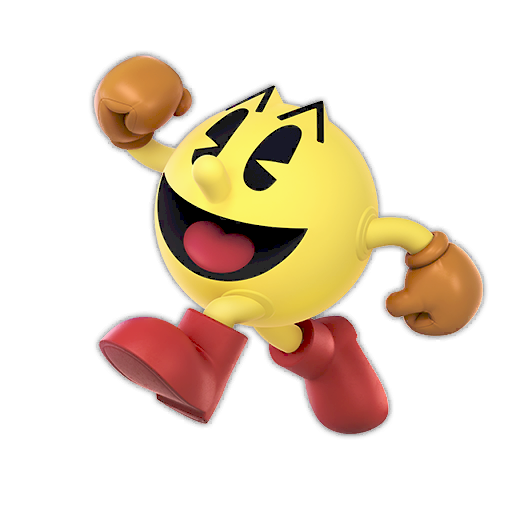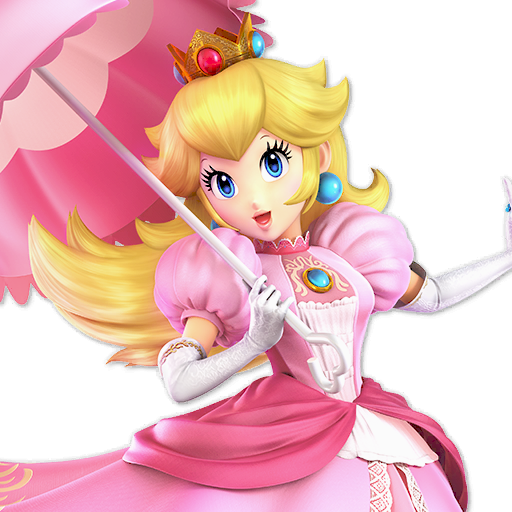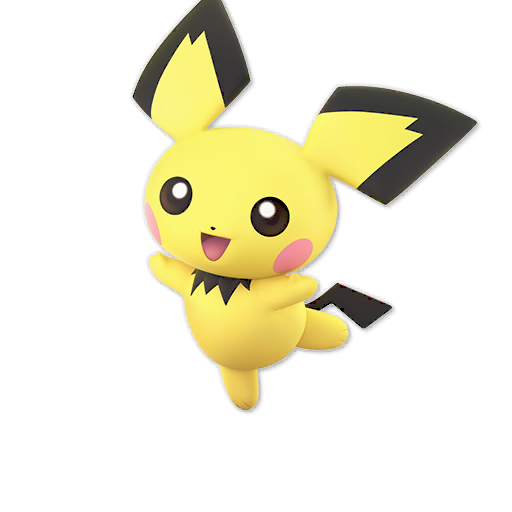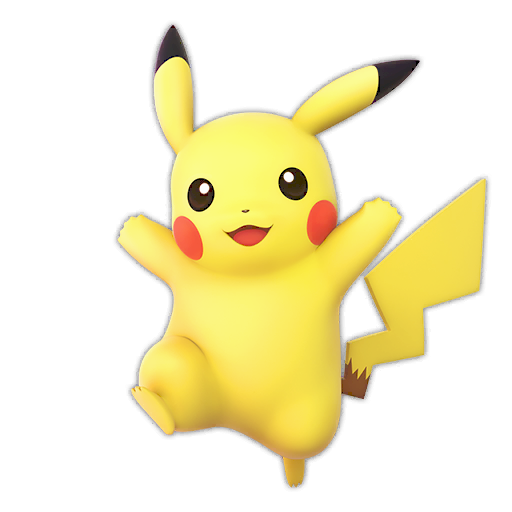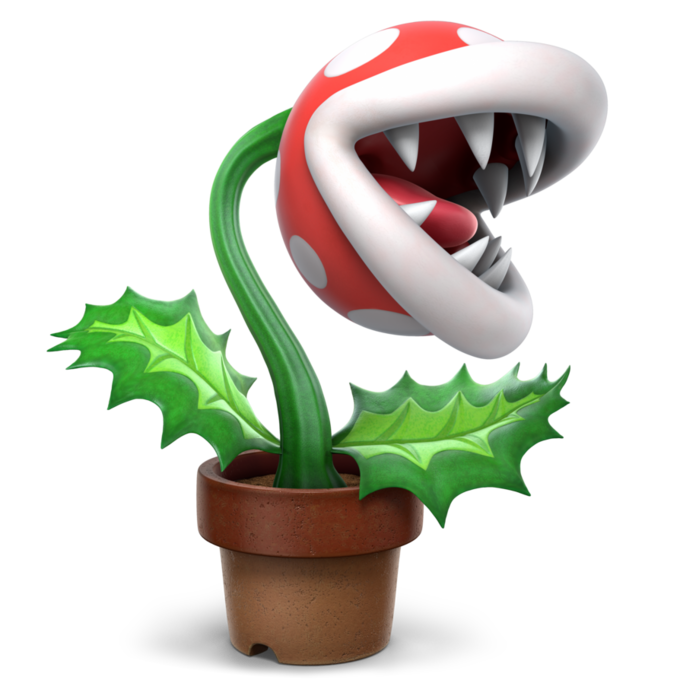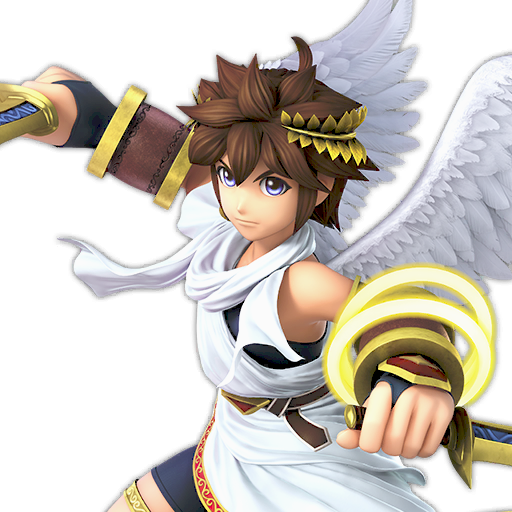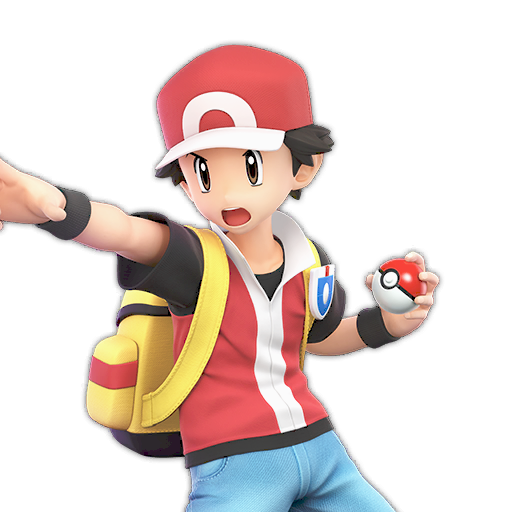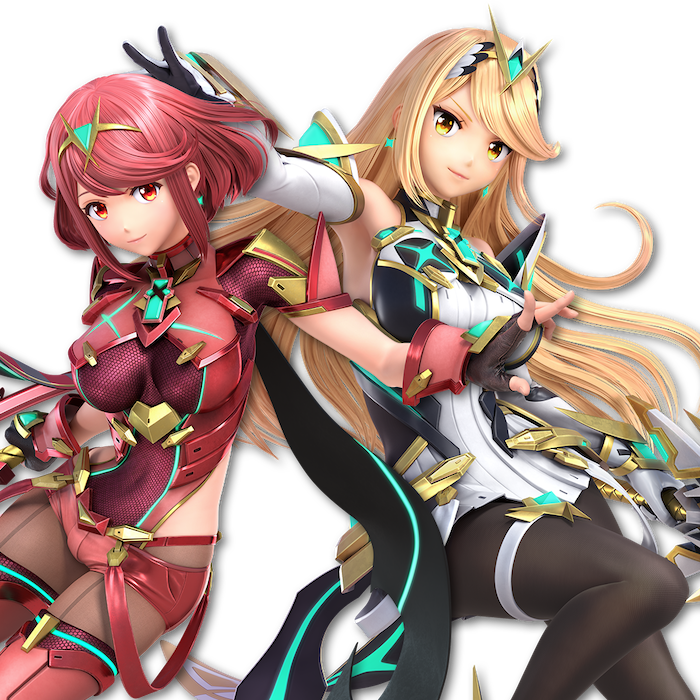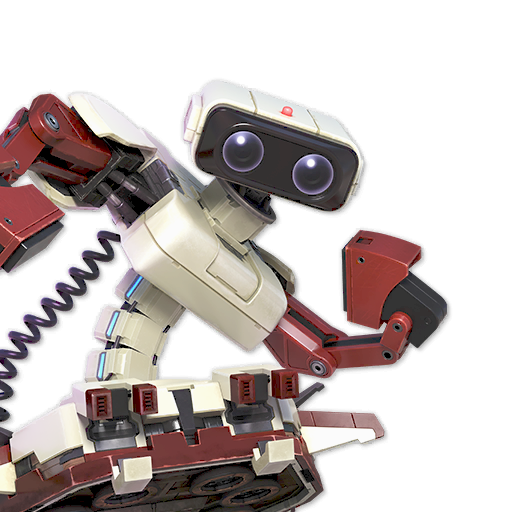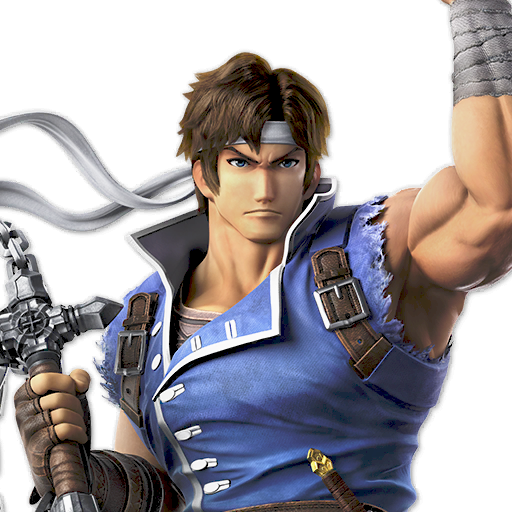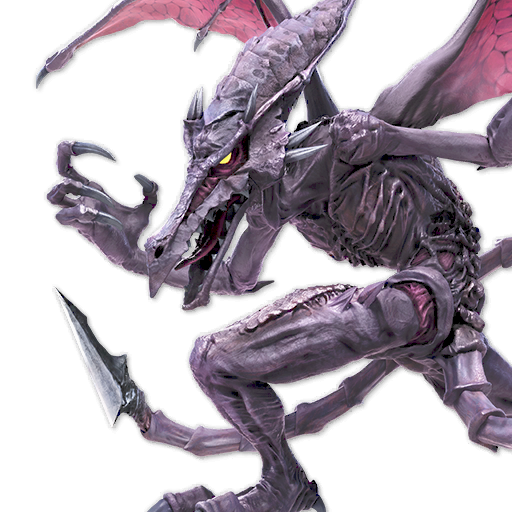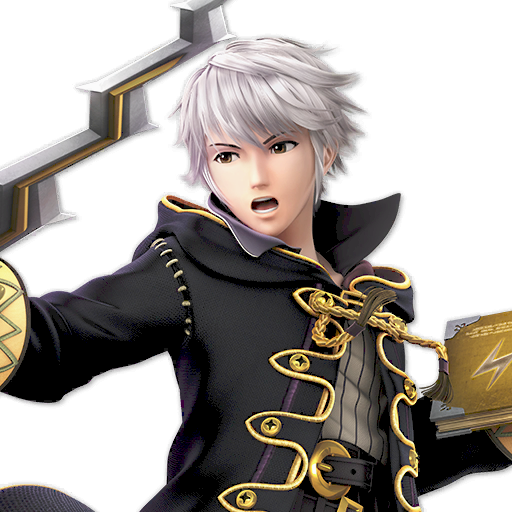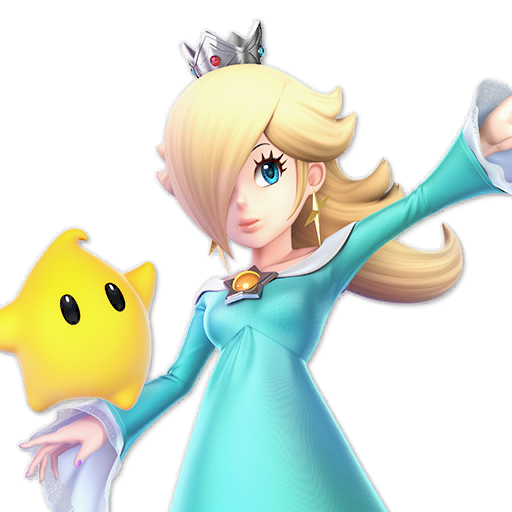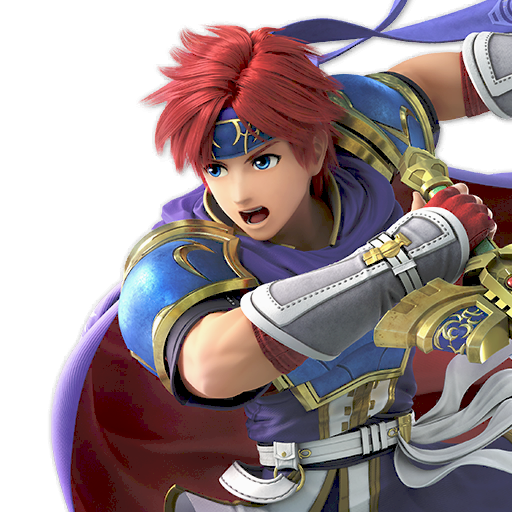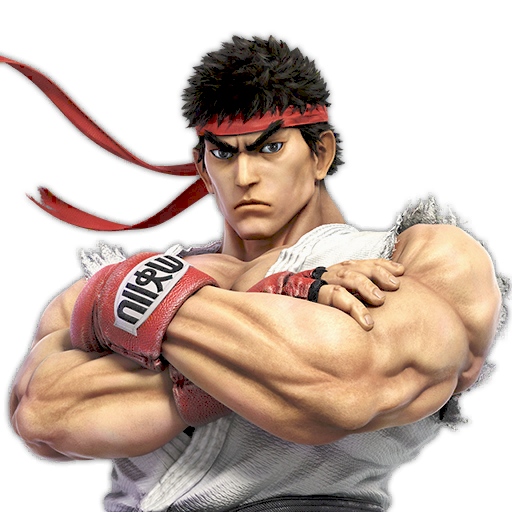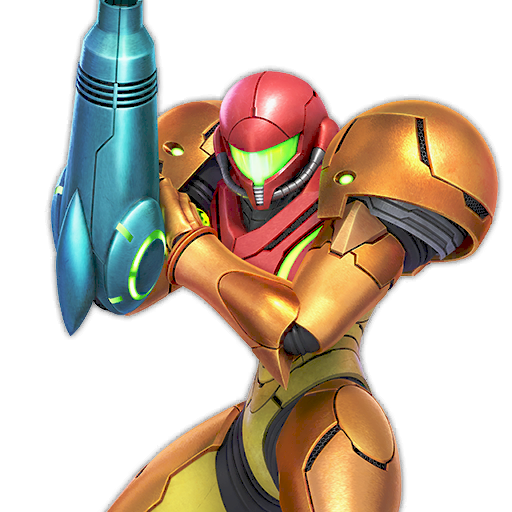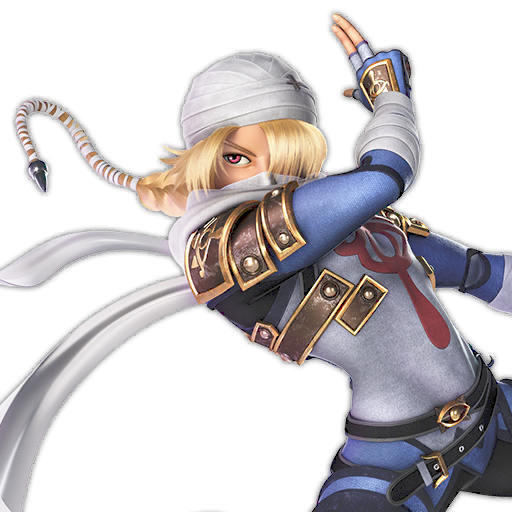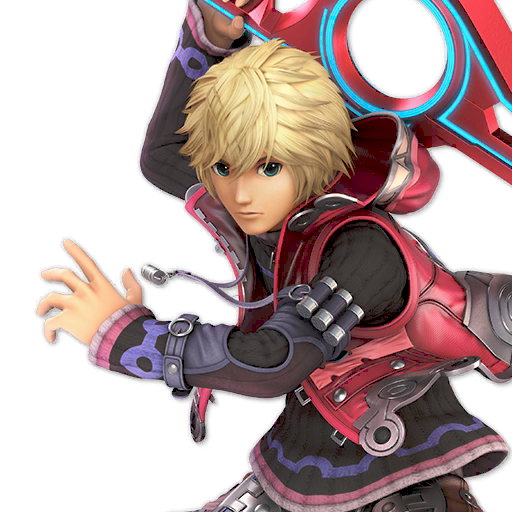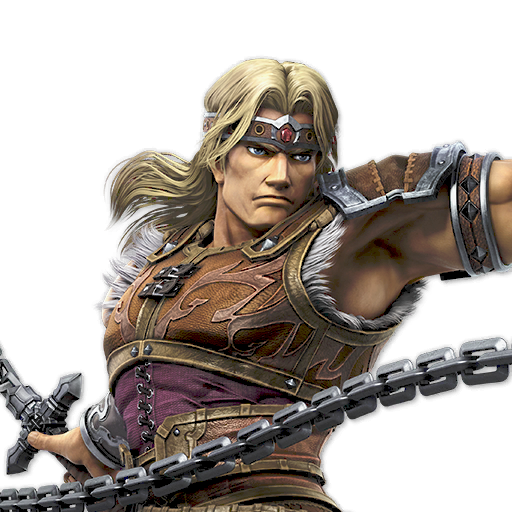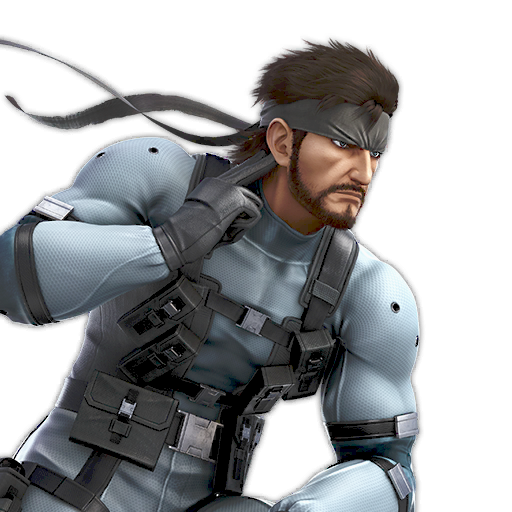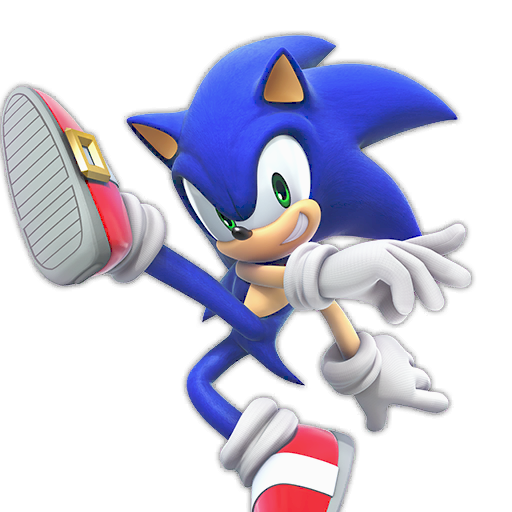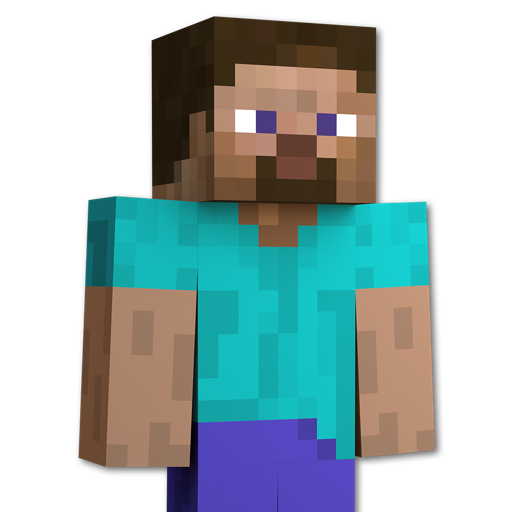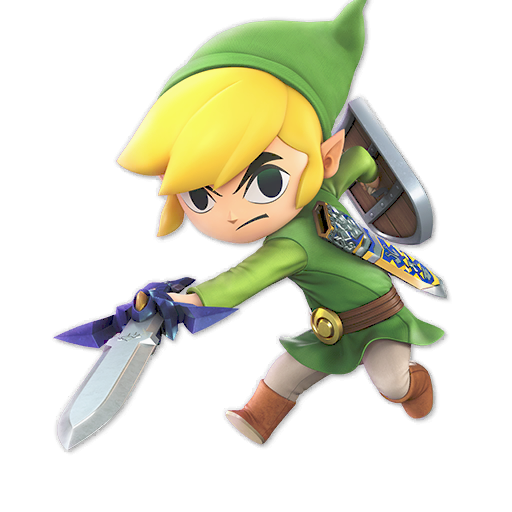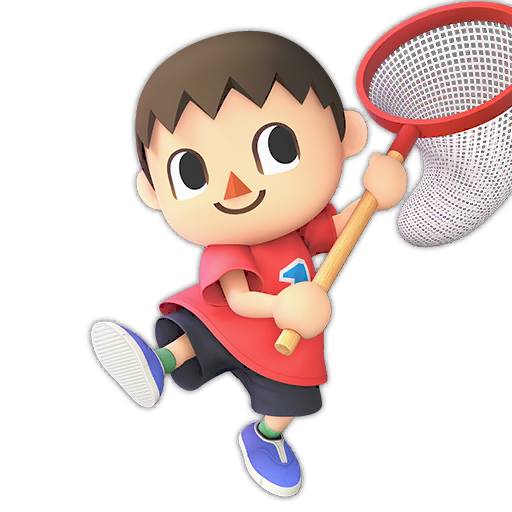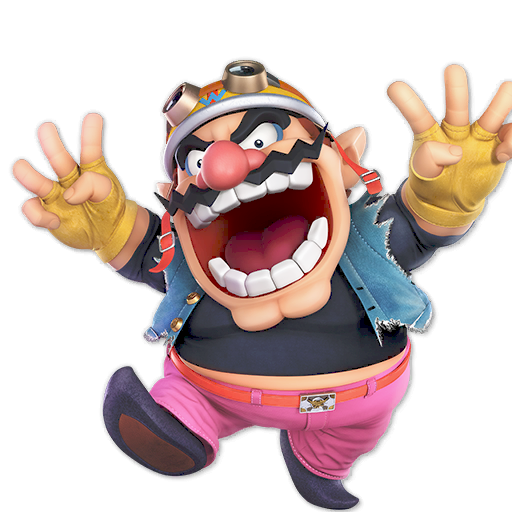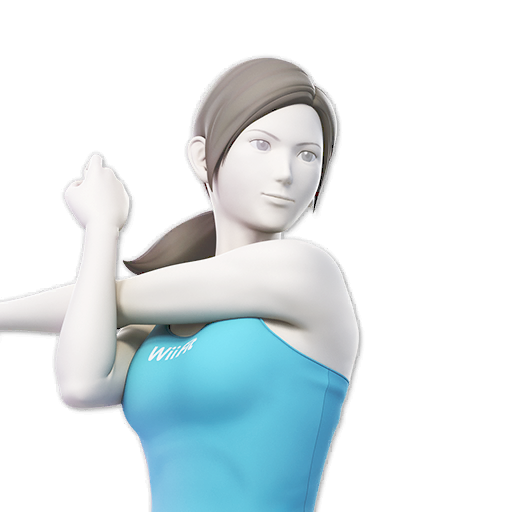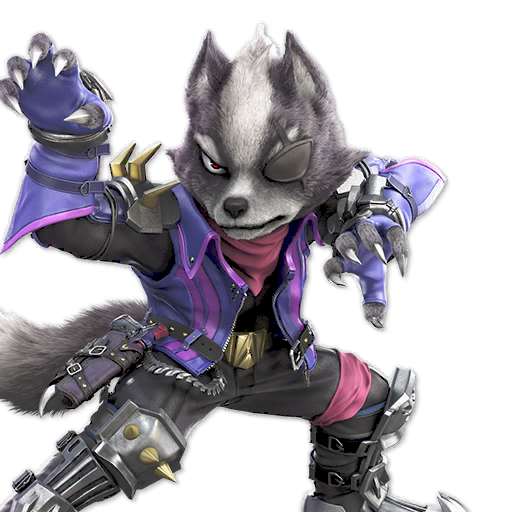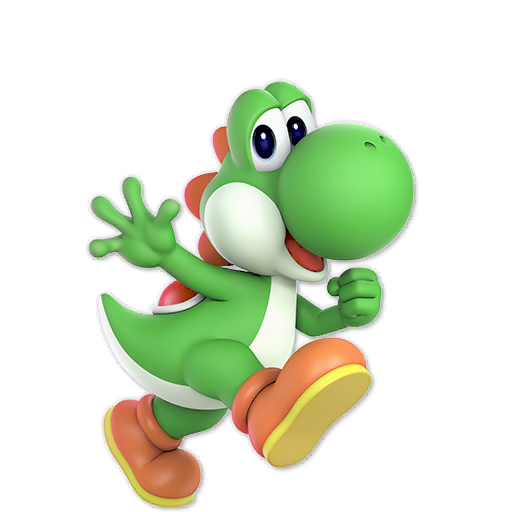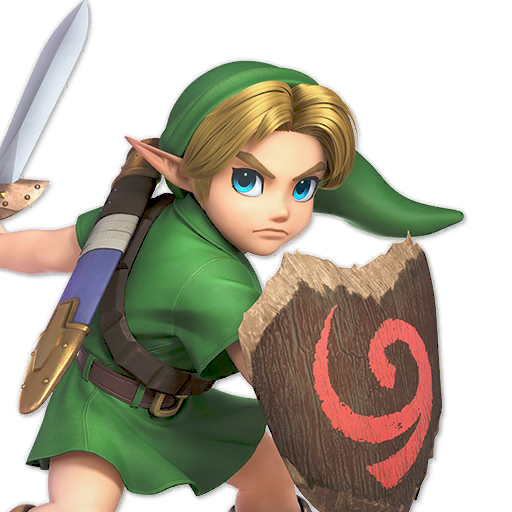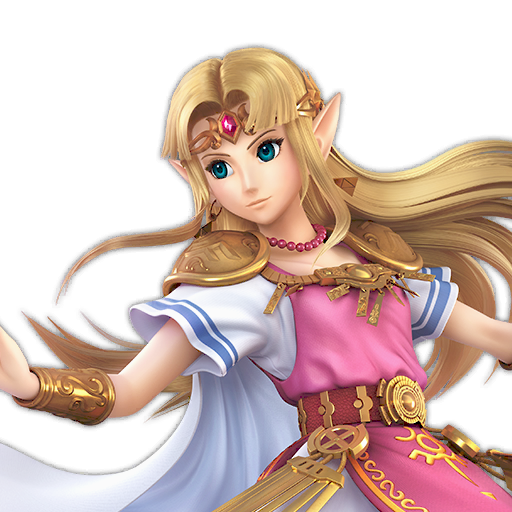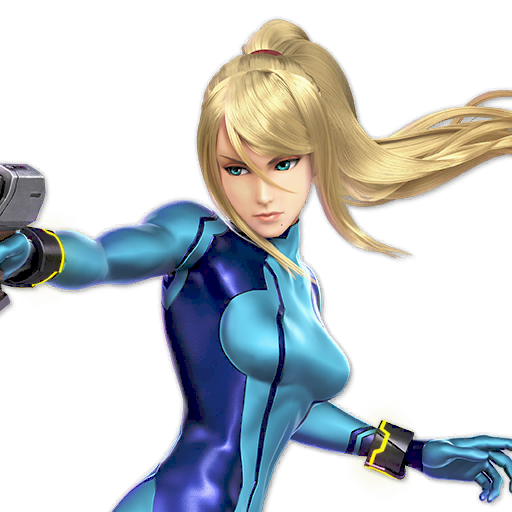How to Practice Commentating
Anything worth being good at takes much practice to do so. Below I’ll detail just a few ways that you can practice your commentary and improve! As with all of my content, my focus is Smash 4 (and thus most of my examples will be as well), but in theory this can apply to any game!
Play the game
If you read my guide on commentary for beginners, you might recall that I said the best way to know the game, is to play the game. This is true at all levels, learning the game hands-on and experimenting with it is something you should never stop doing. At the very least, playing at home with friends or on WiFi is a good way to keep yourself familiar with the game, and strengthen your foundation of knowledge. Additionally you can also try out characters that you may not be used to. Using a character is one of the most effective ways to improve your competency of said character, and it takes some of the pressure off in the event that you need to commentate such a character during an event.
You may find that when practicing competitively, many of the same techniques and principles applied to improve at Smash carry over to other fields. Any skill that requires practice, will improve your ability to practice anything else. If you have ever played an instrument, a sport, or even written a lot of essays, then you have practiced and trained in order to develop that skill. The same process and mindset that you put towards that will aid you in developing the skill of commentating; commentating is a skill that can be taught. Anyone can do it, and anyone with enough drive can get good.
I also strongly urge you to participate in your local competitive scene if possible. Not only does going to local events potentially provide you an opportunity to commentate, but playing in tournament regularly is a much more intense learning experience than simply playing by yourself; not only are you learning about how characters function, you’re learning about how people function, either through observing their actions, or through reflection on your own. Understanding the competitive psyche is crucial for commentating competitive matches, and this is best learned by jumping right in.
Many commentators who stream on Twitch do viewer battles or play ranked online matches. Not only does this provide them content to stream AND connect them to their community of viewers, it also keeps them familiar with their game! What they learn and develop while playing on their stream translates to the tournament sets that they commentate. And speaking of streams...
Tune in to content
One of the simplest ways to improve your commentary is to increase your familiarity with the game itself by consuming content. This includes tournament streams, YouTube videos, and other streaming content. The important thing is that you’re watching with purpose. Putting Nairo’s stream on in the background while doing something else and listening to him spike people (while admittedly, entertaining) will not improve your commentary. It’s crucial that you watch, and in the event that the content you’re watching has commentary, listen.
When watching a tournament match for instance, use the context of the set and the commentary to gauge the level of the players you’re watching. Then watch and analyze the actions that each player is taking, and what moves they’re making with their character. Repeating this process over the course of many sets will increase your knowledge of both character and player. Watching current tournament play will keep you up to date on the current metagame, as well as any advancements being made towards with regard to playstyles and techniques. Incorporate what you learn from watching into our repertoire so that in the event that you’re prepared for more situations that you may find yourself commentating.
This is also a good opportunity to listen to the commentary itself for similar reasons. Listen for things you things you don’t like or think are inappropriate and train yourself to avoid falling into similar pitfalls. Learn what commentators do that are good, and analyze how they make decisions. TKBreezy for instance is excellent at recognizing certain motivations behind player actions; this is a valuable skill, and if you can recognize how he comes to certain conclusions, you can also learn how to recognize them in your own sets that you commentate.
However, a common mistake is for newer and more insecure commentators to emulate too closely more established ones. This is most commonly seen when people try to force jokes and catchphrases, and a common gripe that the community has with commentary. While there is much value in incorporating others’ techniques, you still need to develop your own personality. Good commentary comes from having a strong foundation of knowledge and technique, that become GREAT once you develop your own personality and ways to engage the audience. What works for some, may not work for others, so in this case there’s a lot of trial and error.
**I’ve listed at the bottom of the page some excellent resources that you can listen to. The amount of stuff out there is absolutely MASSIVE, and this is certainly not the definitive glossary of helpful content creators. Find those who have engaging content, and learn as much about the game as possible**
Commentate!!!
This is the most obvious, but also the most necessary way to practice commentating. It can also be the most difficult, because it’s a more committed investment of time and energy, and if done right can leave you exhausted. Just like learning a language, you have to regularly and consistently speak. There are two forms of practicing this: alone, and in front of an audience.
In the event that you can’t attend events, or don’t have home streaming equipment (which is true for many people!), commentating alone at home can be an effective mode of practice. Simply find any match on YouTube or Twitch archive and start talking over it as if you were there live. This is roughly equivalent to going into training mode and labbing combos, and is one way to test how you can react to in-game situations and track how well you’re able to string thoughts together. If you find yourself frequently stuttering or prone to long awkward pauses, that’s alright! That’s the point of practicing; to identify your weak points and work to overcome them.
The other (and most preferred) way you can get practice is at events. Like I detailed in Commentary for Beginners, first ask for permission from either a tournament organizer or whoever is running the stream, then hop on. I will be releasing a piece at a later date on how to work with various types of partners, but here’s a brief overview:
- The ideal partner is someone with good experience, patience, and capacity to work with you. Such a partner is able to carry you when you need help, as well as providing a good backboard off of which you can start your points. Follow their lead, and when it’s your opportunity to speak, model the way you do so off of how your partner organized their thoughts. They also may be good resources when asking for how you can improve.
- However, you’re just as likely to get a less than ideal partner, someone who either has less experience than you, or worse, lacks the awareness to know they’re derailing the commentary (either by talking non-stop, or by being painfully uncooperative). This too, is a learning experience. Do your best, and even though this particular session won’t be a highlight on anyone’s commentary reel, avoid the issues that you see in such a partners’ work. Practice your own awareness, and try your best to keep your thoughts organized, coherent, and on-track
- You may even have to commentate alone, if there aren’t enough people available to make a duo. This in particular is a unique skillset, one that requires to fulfill all the roles of two commentators. This doesn’t mean you need to speak twice as fast, or provide twice the analysis; rather, you have to develop your ability to recognize what requires your attention the most. Focus-fire! Don’t be afraid to talk over yourself, and stay calm throughout.
No matter who your partner may (or may not) be, commentating at events is arguably the best way to practice, since you can more easily get feedback from a variety of sources (partners, the audience, the streamer), as well as learn more about the players themselves while you’re doing it. You’re not just commentating and improving your skills; you’re providing a valuable service to the players and the tournament itself by making the matches more entertaining for viewers. Take this to heart, and may it provide you the motivation to strive for more.
Reviewing footage
While consistently commentating is the best practice, you can enhance it even more by reviewing your work afterwards. Just like how a player may analyze their stream matches after the fact to identify their mistakes and choices, you should do the same with your commentary.
For the first method listed above (practicing alone), If possible, record your practice session, so that you can listen to it with a fresh pair of ears. Playback the audio over the match that you had just commentated, and treat it like you were a spectator. If it feels uncomfortable, that’s normal, most people don’t much like the sound of their own voice. It’s an excellent way to quickly and effectively identify where you need improvement, without the pressure of being in front of others. Afterwards, compare the work you just did with the commentary done by the people who were on stream at the time; compare what you noticed with what they said, and see what you missed. Synthesize what they did right with what you did right and level up.
For when you have commentated over recorded matches at an event, it’s much the same, except now you have the context of the reactions of those around you at the time. You can incorporate feedback from your partner/audience, and also ask the players themselves what they were thinking during the set. That way, this can provide you greater context next time you commentate them, and increase the accuracy of what you say.
Don't be afraid to ask for help from others when reviewing your content. It isn't easy to recognize what you need to improve on, so you can find others willing to look at your sets and provide feedback. A second set of eyes and ears can be a great resource, provided you're willing to listen!
Community Tips
For this segment, I went into TKBreezy's Commentator HQ Discord Server (which you should consider joining if you haven't already!) and asked for any tips they had for practice:
Brosalina: "Freestyle rap, learn to construct sentences within the confines of rhythm and it can help you set yourself in time with different cadences (other casters) and the timings of a match. It sounds kinda silly but it keeps your mind bouncing new ideas while making sure you can keep talking coherently"
Seibrik: "Speak with the best players in your region to get their perspective. Commentating in part is also journalism. Feel free to ask top players questions and site those answers later on if the topic comes up in commentary."
**In the event that I receive more input from other individuals, I may retroactively update this section with more tips. If you would like to submit your own tips, DM me @HalogenTalks on Twitter**
Summary
Most importantly, dont ever stop trying. Commentating can often be difficult without much reward, but don't allow yourself to be discouraged. Nobody is ever done improving, and the learning curve is consistently difficult all the way through. If you're actively trying, and dedicated to providing good commentary for the community, then you're already on your way. Keep it up! <3
Examples of content
- Dabuz’s YouTube channel has one of the most prolific libraries of analysis content out there. He will typically go through a set rather slowly, and rewind if he wants to watch something over again. There is a lot to learn not only from his analysis, but how he comes to certain conclusions about players motivations and decisions. Other players and personalities analyze sets as well, so you can seek out those that you prefer, but Dabuz has been doing it the longest.
- Tournament streams are a great way both to occupy your time, but also to familiarize yourself with players and characters. While there are MANY regular tournament streams that have merit, I will link some of the major ones from which you can expect not only excellent players, but also excellent commentators:
VGBC (Maryland+International)
2GG (Southern California)
Polarity (Central Florida)
TLOC (Texas)
HO3K (New York City)
Unrivaled (Chicago)
Versus (South Florida) - Podcasts and talk shows. There a growing number of personalities who have Smash-centric talk show/podcast type content. They cover topics such as recent tournaments, the state of the game, how to be successful, and many other current events relevant to the game. Also with guests!
-The Set Count (Smash 4) (Ft. Sage, Vayseth, and Suar)
-The Blastzone (Smash 4) (Ft. Coney, EE, and TKBreezy)
-Dair Down (Smash 4) (Ft. Bam and Strides)
-The Scar and Toph Show (Melee) (Ft. Toph and Scar)
-UltraChenTV (FGC) (Ft. UltraDavid, James Chen, Sajam, and Tasty Steve) - Guides and other YouTube videos can also be a good resource to improve your knowledge on more specific subjects. In my previous blog linked above I provided links to Izaw, Beefy Smash Doods, and My Smash Corner (who are all still very relevant). In addition there are content creators such as Zinoto who release content relevant to all players.
This blog post was written by a SSB World community member. Share your Smash 4 knowledge by creating your own blog post now.
Share your feedback:
You must log in to comment.

